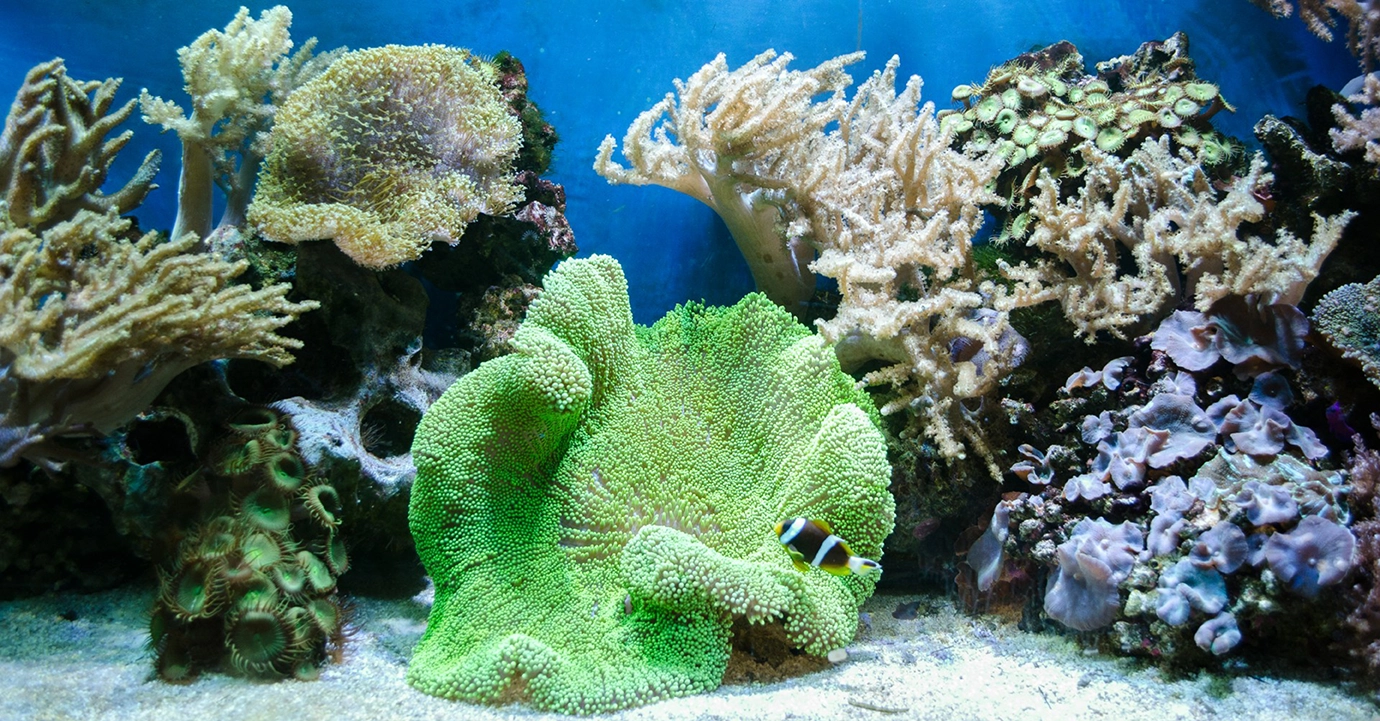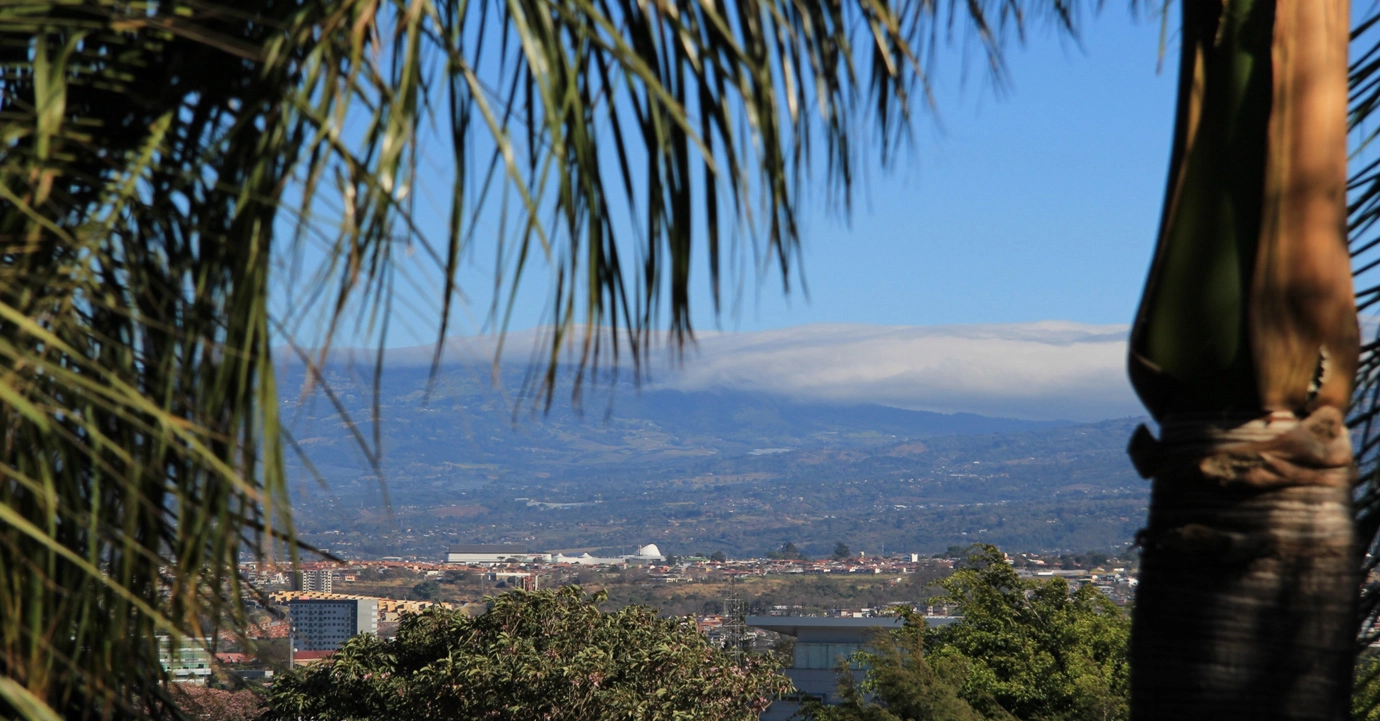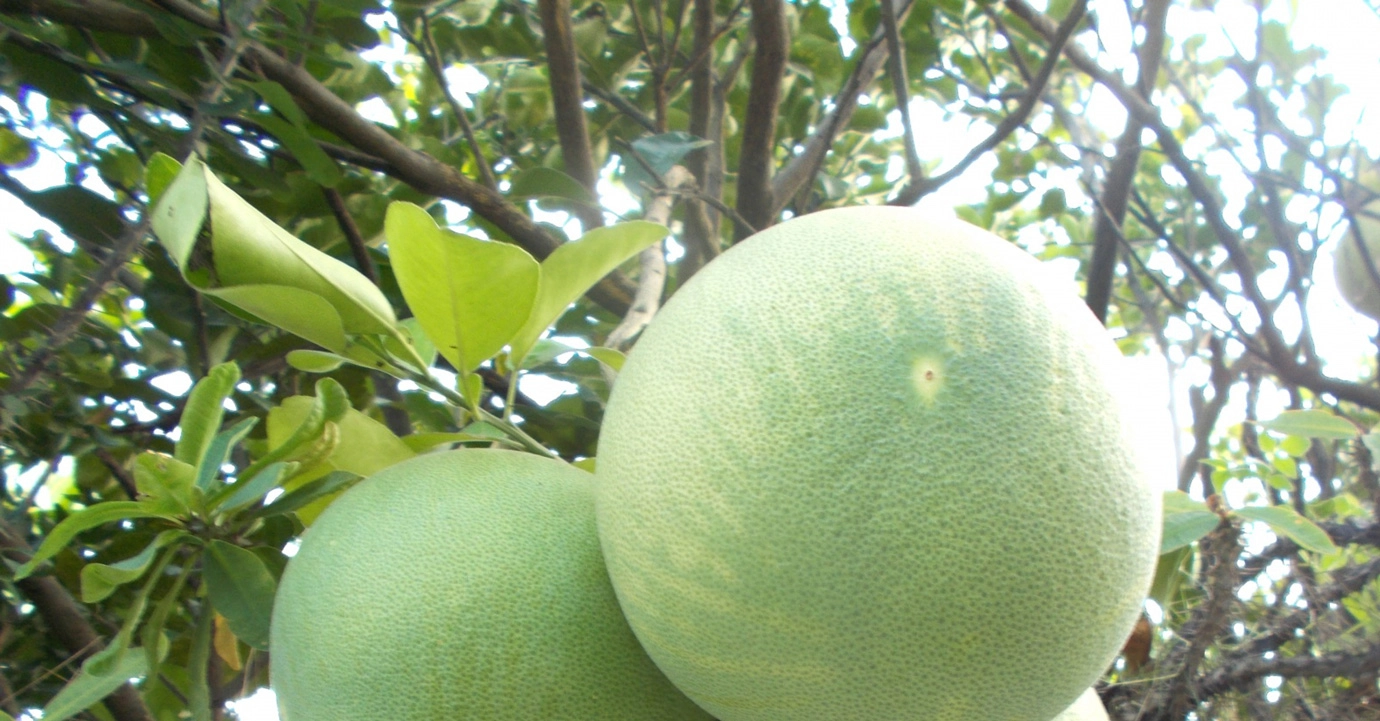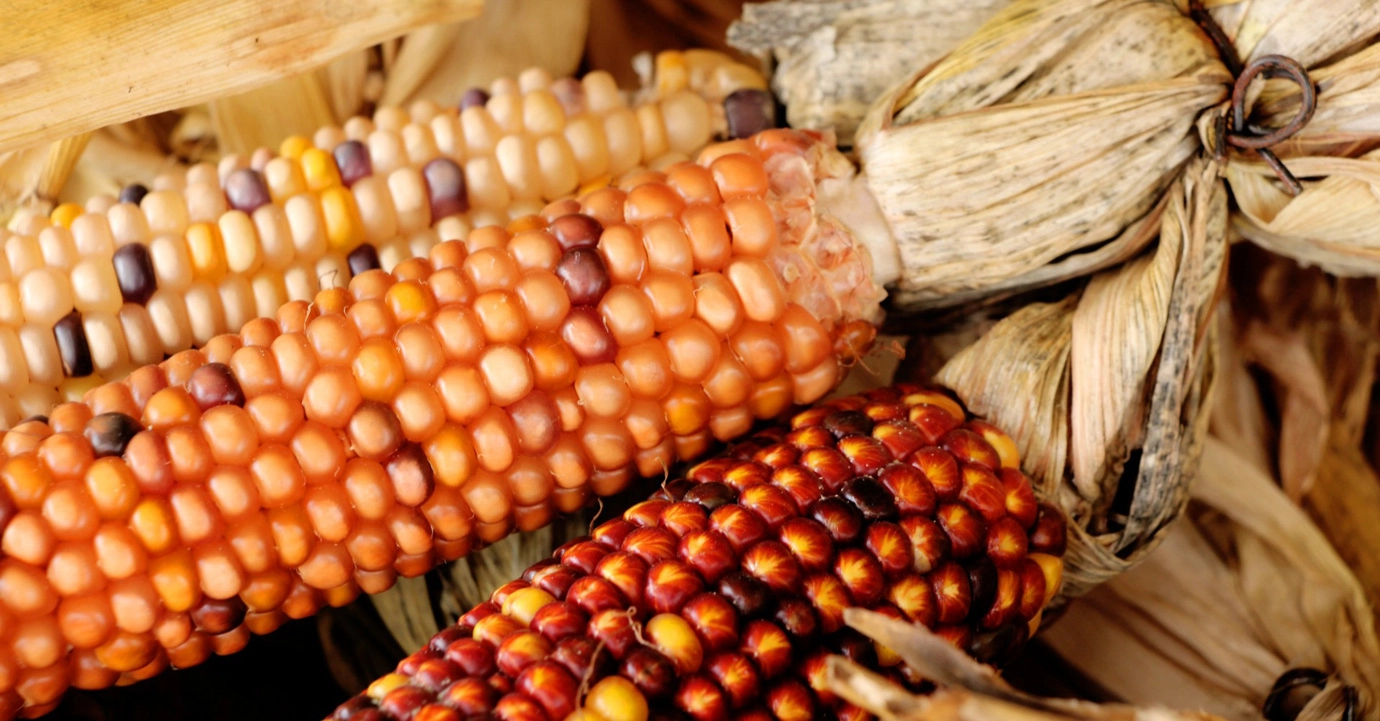Guiding Case No. 177:
Hainan Lingao Yinghai Shipping Co., Ltd. v.
The Fishery Administrative Detachment of Sansha City,
An Administrative Penalty Case†
Table of Contents
- Digest
- Keywords
- Main Points of the Adjudication
- Related Legal Rule(s)
- Basic Facts of the Case
- Results of the Adjudication
- Reasons for the Adjudication
- Appendix 1
- Appendix 2
- Appendix 3
- Appendix 4
Number of Words (bilingual version)
- Approximately 9000
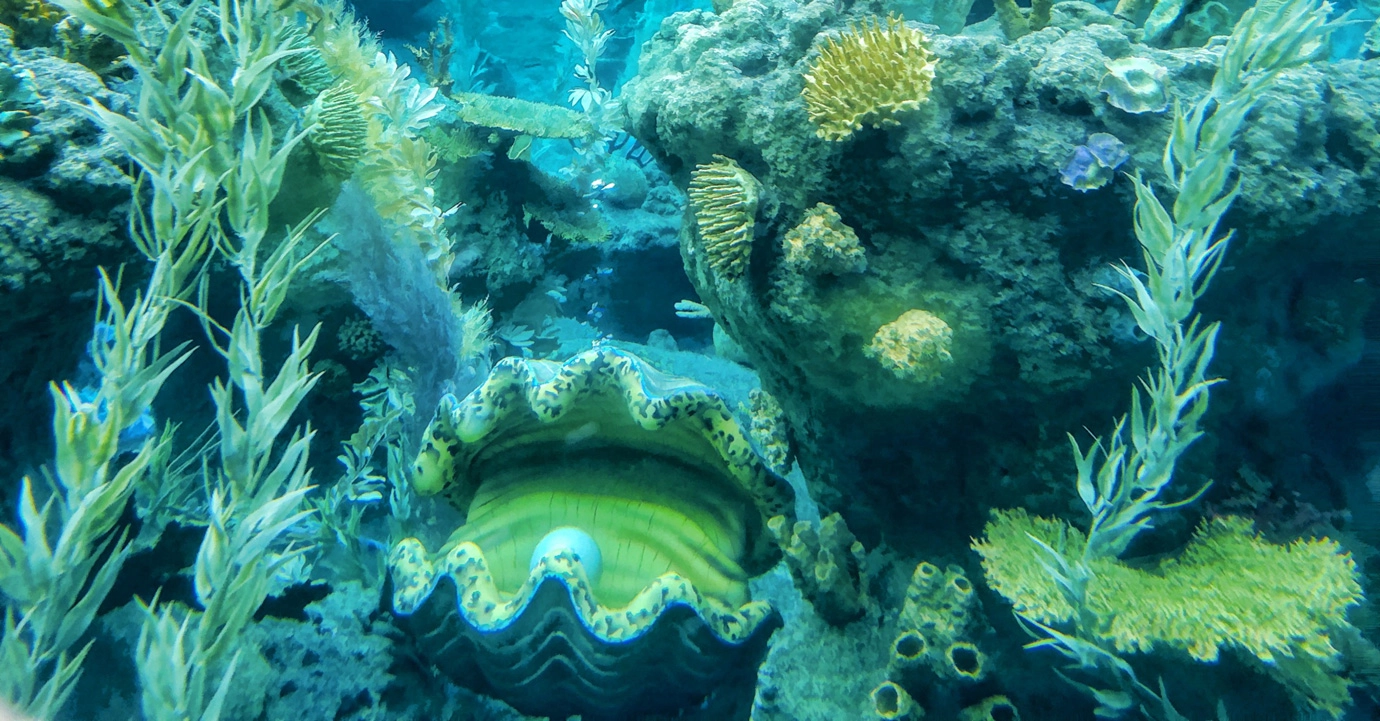
Digest
In December 2021, the Supreme People’s Court of China released Guiding Case No. 177. At a press conference, representatives of the Supreme People’s Court succinctly pointed out the importance of the case:
Through the application of a relevant provision of a judicial interpretation, [Guiding Case No. 177] determines that Hippopus hippopus, which is a species included in Appendix II of the Convention on International Trade in Endangered Species of Wild Fauna and Flora and was the species involved in this case, is a “precious and endangered aquatic wild animal” as stated in China’s Implementing Regulation on the Protection of Aquatic Wild Animals. The Guiding Case supports, in accordance with law, [the relevant] administrative organ’s decision to punish illegal transportation [of Hippopus hippopus], [shows] the performance of international convention obligations by [China,] a contracting state, and protects marine biodiversity.
The judicial interpretation referenced in the above quote is the Provisions (II) of the Supreme People’s Court on Several Issues Concerning the Adjudication of Relevant Cases Occurring in Sea Areas Under the Jurisdiction of China. Guiding Case No. 177 does not include details about this judicial interpretation and related rules. In this piece, SINOTALKS.COM provides explanatory notes in appendices and footnotes to help readers understand the crucial issues involved.
Keywords
Administrative
Administrative Penalty
Convention on International Trade in Endangered Species of Wild Fauna and Flora
Illegally Transport
Precious and Endangered Aquatic Wild Animals and Their Products
Anthozoa and Tridacnidae
Main Points of the Adjudication
China is a contracting state of the Convention on International Trade in Endangered Species of Wild Fauna and Flora and should […].
Related Legal Rule(s)
Article 33 of the Law of the People’s Republic of China on the Protection of Wild Animals (revised on October 26, 2018) (The provision applicable to this case was Article 23 of the Law of the People’s Republic of China on the Protection of Wild Animals, as revised on August 27, 2009)
Articles 2, 20, 28, and 48 of the Implementing Regulation of the People’s Republic of China on the Protection of Aquatic Wild Animals (revised on December 7, 2013)
Basic Facts of the Case
[…]
Results of the Adjudication
[…]
Reasons for the Adjudication
[…]
“Tridacnidae are precious and endangered aquatic wild animals and are protected. Tridacnidae shells, which are products of [these] aquatic wild animals, are protected by Chinese law.”
[…]
“Tridacnidae are bivalves and their shells are parts of such animals.”
[…]
Appendix 1
Law of the People’s Republic of China on the Protection of Wild Animals (2009 Version)
[…]
Appendix 2
Implementing Regulation of the People’s Republic of China on the Protection of Aquatic Wild Animals (2013 Version)
[…]
Appendix 3
Provisions (II) of the Supreme People’s Court on Several Issues Concerning the Adjudication of Relevant Cases Occurring in Sea Areas Under the Jurisdiction of China
[…]
Appendix 4
Measures of the People’s Republic of China on Special Licensing for Using Aquatic Wild Animals (2013 Version)
[…]
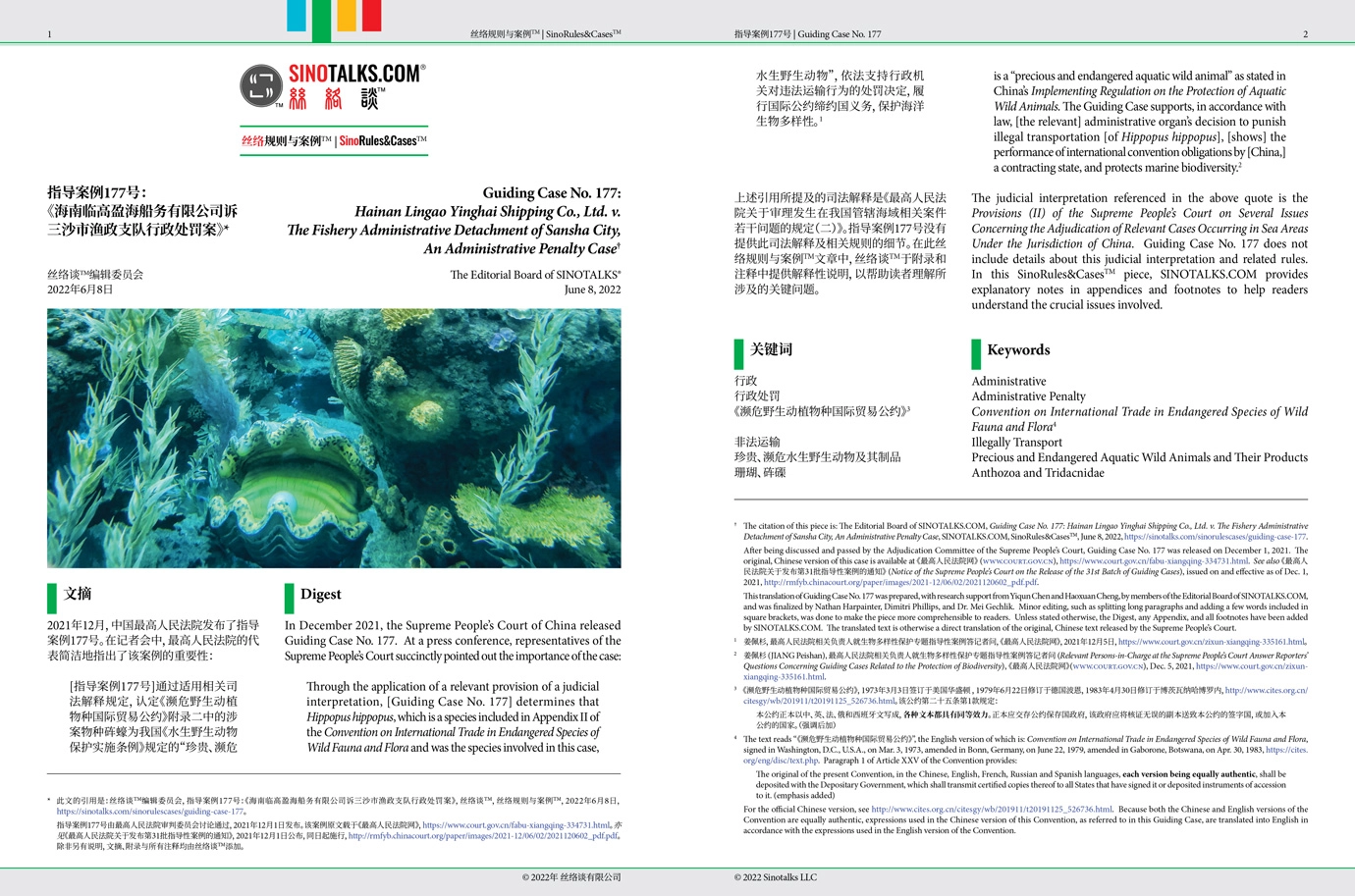
† The citation of this piece is: The Editorial Board of SINOTALKS.COM, Guiding Case No. 177: Hainan Lingao Yinghai Shipping Co., Ltd. v. The Fishery Administrative Detachment of Sansha City, An Administrative Penalty Case, SINOTALKS.COM, SinoInsights™, June 8, 2022, https://sinotalks.com/sinoinsights/guiding-case-177. After being discussed and passed by the Adjudication Committee of the Supreme People’s Court, Guiding Case No. 177 was released on December 1, 2021.
This translation of Guiding Case No. 177 was prepared, with research support from Yiqun Chen and Haoxuan Cheng, by members of the Editorial Board of SINOTALKS.COM, and was finalized by Nathan Harpainter, Dimitri Phillips, and Dr. Mei Gechlik. Minor editing, such as splitting long paragraphs and adding a few words included in square brackets, was done to make the piece more comprehensible to readers. Unless stated otherwise, the Digest, any Appendix, and all footnotes have been added by SINOTALKS.COM. The translated text is otherwise a direct translation of the original, Chinese text released by the Supreme People’s Court.

